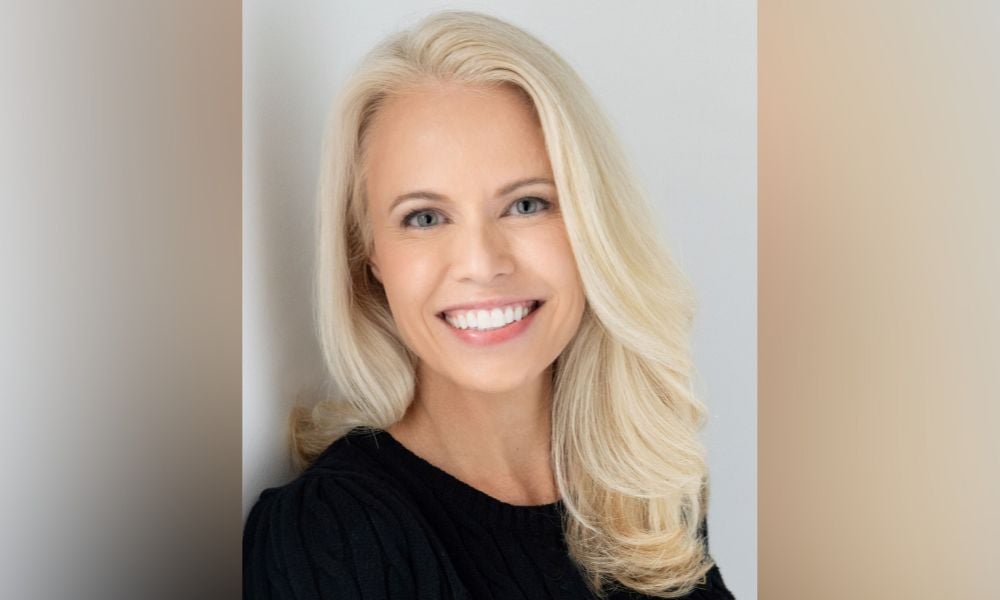Homebuyers want transparency, and authenticity is now a business essential

While 77% of first-time buyers consult social media before choosing a lender, according to Zillow, fewer than one-third of mortgage originators feel their content efforts succeed. In a digital environment where 41% of US consumers say they don’t trust information shared on social platforms - according to a Harris Poll for Google Cloud - authenticity isn’t just a marketing ideal - it’s a business imperative.
In the race to win the attention of homebuyers on platforms like TikTok and YouTube, the mortgage industry is making a critical misstep: substituting authenticity with theatrics. That’s the view of Jennifer Beeston, SVP of mortgage lending at Rate, who believes real-world experience, not marketing polish, is what resonates with consumers.
"I think you have companies chasing social media with a lack of authenticity," Beeston says. "Hiring a bunch of actors to pretend to be loan officers or teach about loans does not resonate. Homebuyers are looking for real people who can help them."
Start with a clear brand and compliance plan
For brokers and loan officers hesitant to post due to compliance concerns or reputational risk, the solution isn’t silence - it’s structure. That starts with having a defined strategy.
"You need a clear picture of what the brand you are building will look like," she explains. "What type of content do you plan to make, for what platform and how frequently?"
Equally important is working closely with compliance teams. "I speak with our compliance at Rate all the time about what I am posting. It is wise to have safeguards in place and compliance is key."
This approach is especially crucial as consumer reliance on digital information continues to climb. According to data from the National Association of Realtors, 41% of Millennials and Gen Z use social media in their house-hunting process, while Zillow reports that 72% of borrowers begin their mortgage journey online.
Originality beats clickbait every time
The mortgage space online is saturated with conflicting advice. But recycling scripts or resorting to clickbait headlines, Beeston warns, only fuels public mistrust.
"If you are paying for scripts for social media, it is a sign social media is not for you," she says.
She advises brokers and originators to prioritize helpful, accurate content that comes from genuine knowledge. And when misinformation appears? "Drop what’s wrong in the comments."
“Clicks and views do not always equal conversions. A passion to help will always shine through.”
Notably, consumer expectations align with this perspective. A global survey by Stackla found that 88% of consumers say authenticity is a key factor when deciding which brands to support.
Measuring real-world impact
Beyond vanity metrics, Beeston relies on direct engagement to gauge effectiveness. "I gauge by how much my phone rings as well as comments people leave on my videos," she notes.
Client conversations and internal team feedback also help steer her content strategy. "I constantly speak with my team to see what people do and do not understand so that I can make videos to help answer common misconceptions."
Professionals who adopt a service-first approach may also see stronger returns. According to LinkedIn’s State of Sales report, sales teams who embrace social selling outperform their peers, generating 51% higher revenue growth and 50% more leads.
Helping borrowers starts with honesty
As more homebuyers turn to social media for mortgage guidance, brokers and loan officers have an opportunity to lead with education rather than entertainment. The message is clear: authenticity, accuracy, and a willingness to serve are what build lasting trust.



